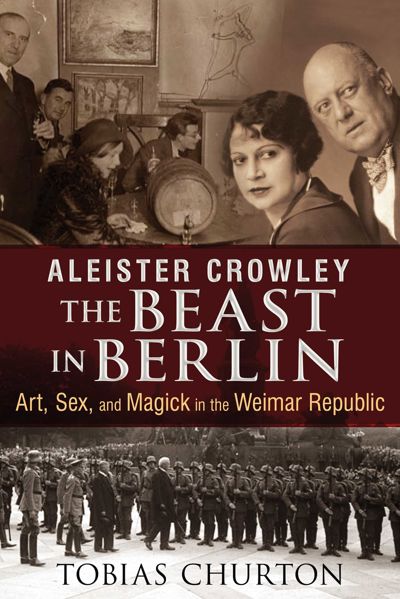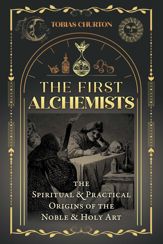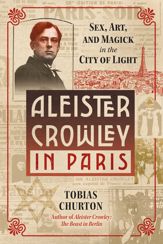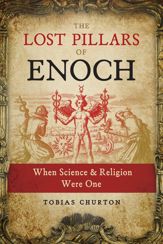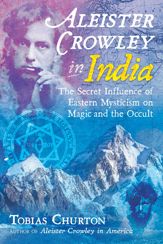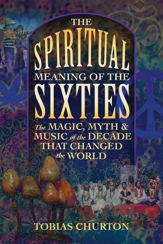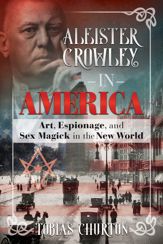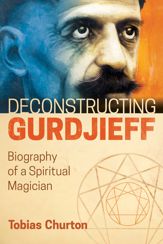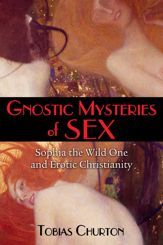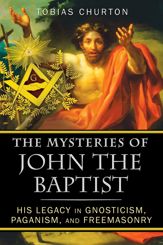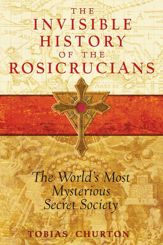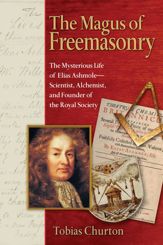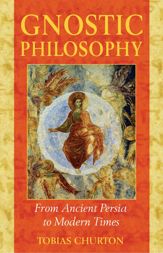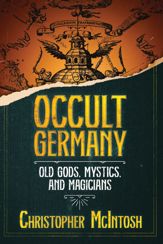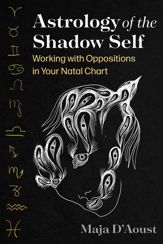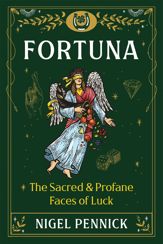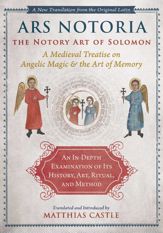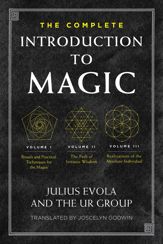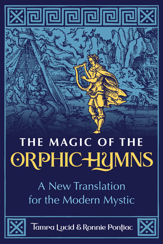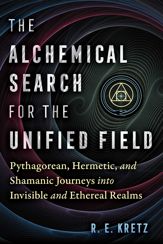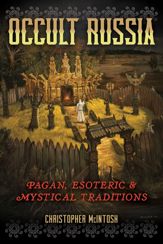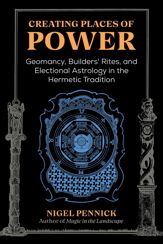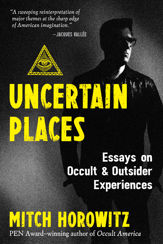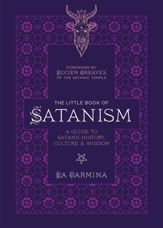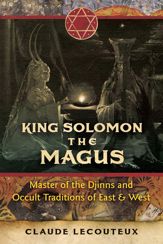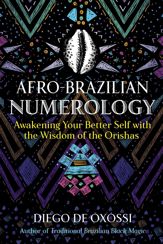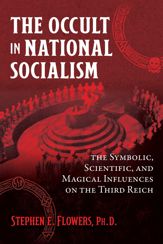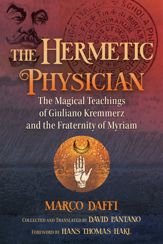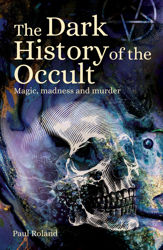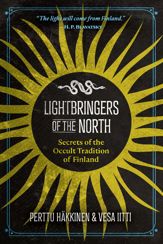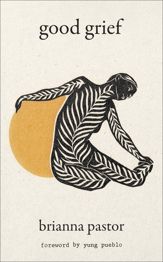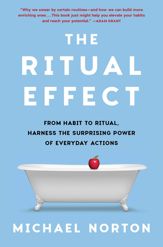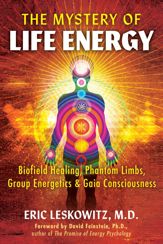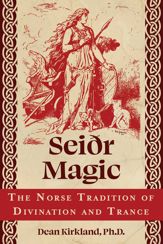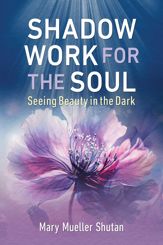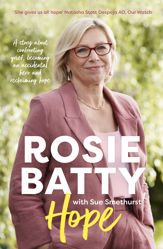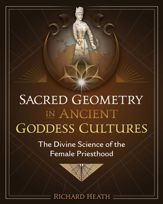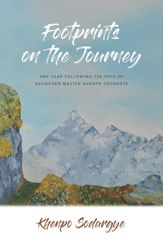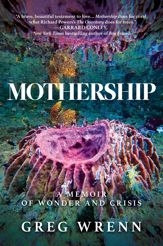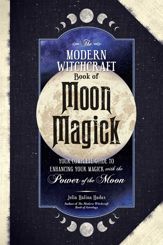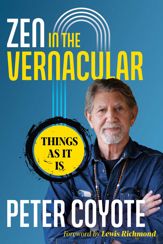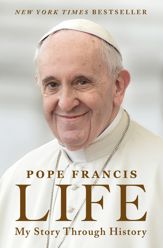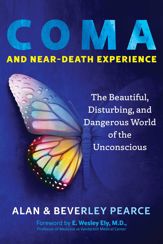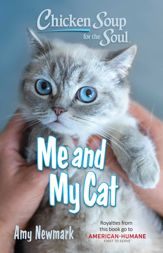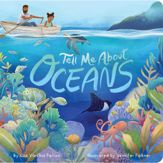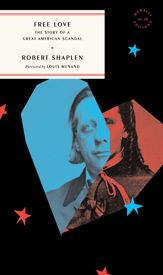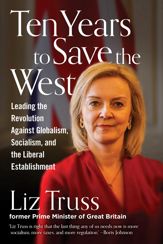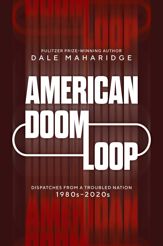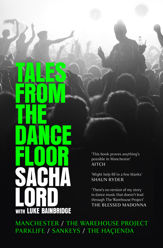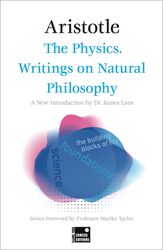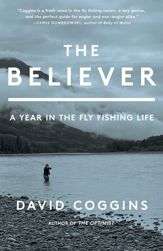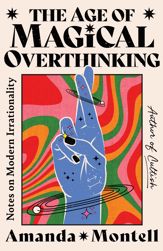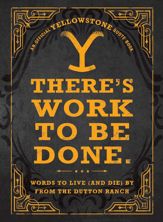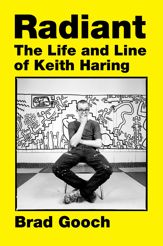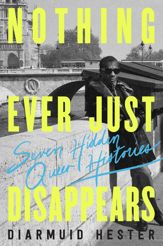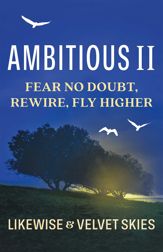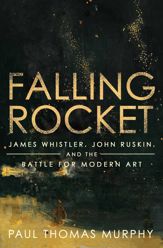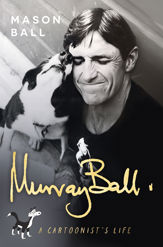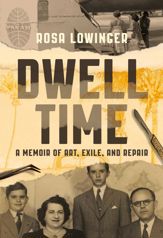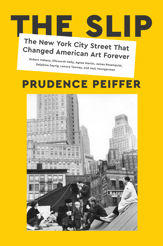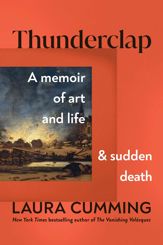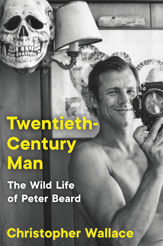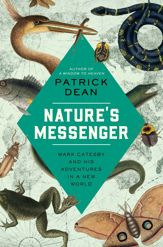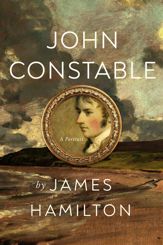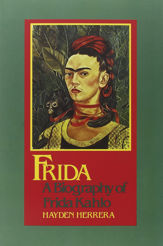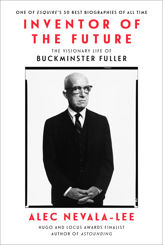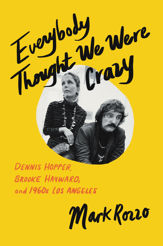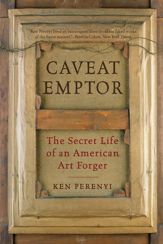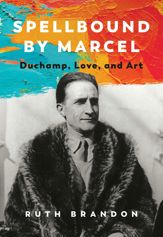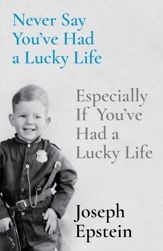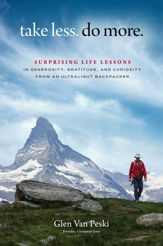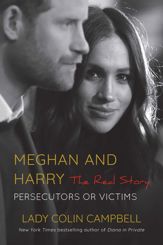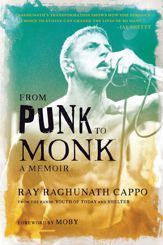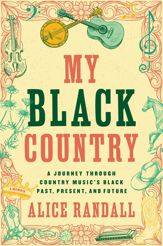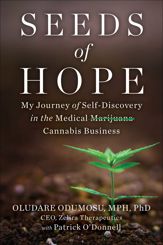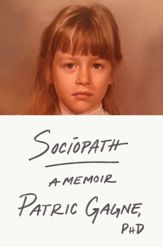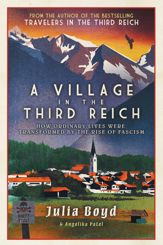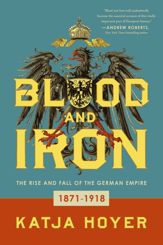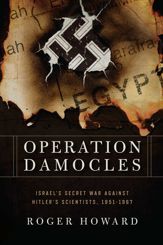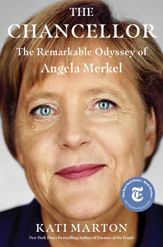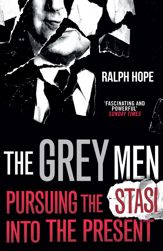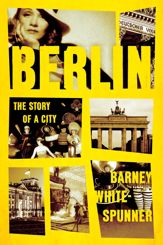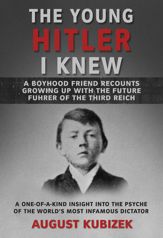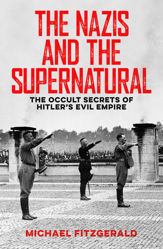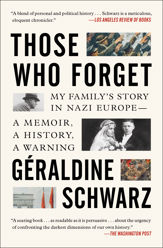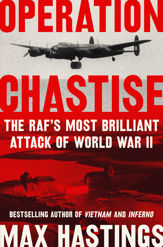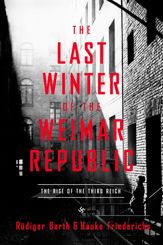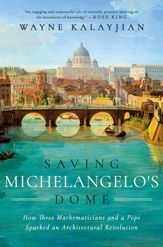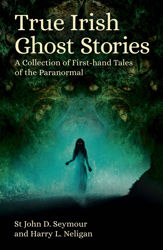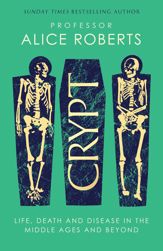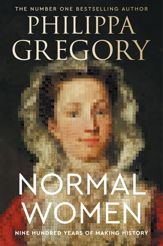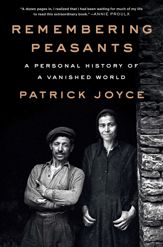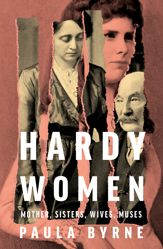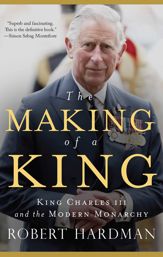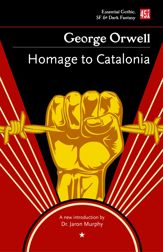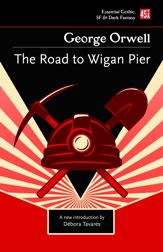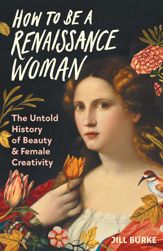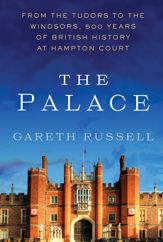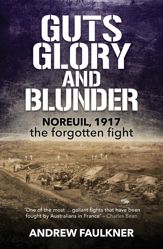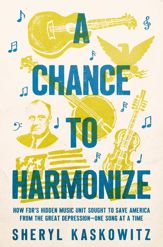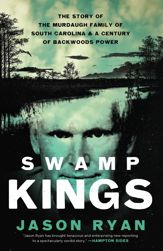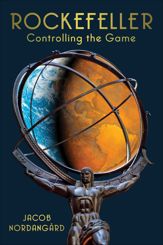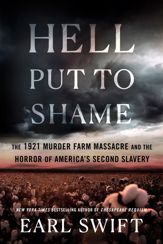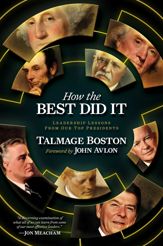“An invaluable in-depth history--magnificently illustrated in full color--that sheds light on one of the most important periods in both 20th century Europe and the life of the Magus of the Aeon, Aleister Crowley. His two-year stay in volatile, bohemian, and urbane Berlin during the final years of the Weimar Republic and first years of the Great Depression has hitherto been largely undocumented. This full-length treatment of Crowley as artist (in Churton’s words, “the only Magus in history with a name worthy of the annals of Art”) is cast against the last days of Germany’s Versailles Treaty era and the apocalyptic rise of Adolph Hitler and his “merely brutal men.” The author well captures the cultural spirit and intoxicating New Age currents in which Crowley moved. For specialists, he provides a uniquely intimate view of Crowley’s succession to the Headship of O.T.O. during the Weida Conference of 1925; some intelligent observations on sexual magick; and extensive extracts from Crowley’s voluminous correspondence--allowing the reader a “Beast’s-eye-view” of his personal life, proselytizing efforts, business activities, and thorough contempt for Nazism. Highly recommended.”
Description
A biographical history of Aleister Crowley’s activities in Berlin from 1930 to 1932 as Hitler was rising to power
• Examines Crowley’s focus on his art, his work as a spy for British Intelligence, his colorful love life and sex magick exploits, and his contacts with magical orders
• Explores Crowley’s relationships with Berlin’s artists, filmmakers, writers, and performers such as Christopher Isherwood, Jean Ross, and Aldous Huxley
• Recounts the fates of Crowley’s friends and colleagues under the Nazis as well as what happened to Crowley’s lost art exhibition
Gnostic poet, painter, writer, and magician Aleister Crowley arrived in Berlin on April 18, 1930. As prophet of his syncretic religion “Thelema,” he wanted to be among the leaders of art and thought, and Berlin, the liberated future-gazing metropolis, wanted him. There he would live, until his hurried departure on June 22, 1932, as Hitler was rapidly rising to power and the black curtain of intolerance came down upon the city.
Known to his friends affectionately as “The Beast,” Crowley saw the closing lights of Berlin’s artistic renaissance of the Weimar period when Berlin played host to many of the world’s most outstanding artists, writers, filmmakers, performers, composers, architects, philosophers, and scientists, including Albert Einstein, Bertolt Brecht, Ethel Mannin, Otto Dix, Aldous Huxley, Jean Ross, Christopher Isherwood, and many other luminaries of a glittering world soon to be trampled into the mud by the global bloodbath of World War II.
Drawing on previously unpublished letters and diary material by Crowley, Tobias Churton examines Crowley’s years in Berlin and his intense focus on his art, his work as a spy for British Intelligence, his colorful love life and sex magick exploits, and his contacts with German Theosophy, Freemasonry, and magical orders. He recounts the fates of Crowley’s colleagues under the Nazis as well as what happened to Crowley’s lost art exhibition--six crates of paintings left behind in Germany as the Gestapo was closing in. Revealing the real Crowley long hidden from the historical record, Churton presents “the Beast” anew in all his ambiguous and, for some, terrifying glory, at a blazing, seminal moment in the history of the world.
Reviews
“As soon as I opened this book I knew I was in for an exceptional treat, and I was right. This is Churton at his best. His book focuses, with some broader contextualization, on Crowley’s intermittent sojourns in Berlin between 1930 and 1932, which climaxed in a sensational exhibition of his paintings in October 1931. We follow Crowley as he strolls through the city, dressed in a knickerbocker suit, proclaiming his gospel of Thelema, exploring Berlin’s extensive demi-monde, playing chess, painting, writing, fornicating, spying for British intelligence, and mingling with a remarkable constellation of artists, writers, philosophers, and occultists. One of his friends at the time was Christopher Isherwood, who fictionalized his own Berlin experience in the novel that later became the musical Cabaret. Churton, in his vivid, witty style, superbly captures the atmosphere of the city during that feverish, decadent, but immensely vibrant and creative era, which ended abruptly with the catastrophe of 1933. Move over, Isherwood. From now on we should be talking about ‘Crowley’s Berlin.’”
“Yet again, Tobias Churton shows a unique ability to combine an approachable writing style with scholarly research and the result is an authoritative book on Crowley, the artist, a person who deserves to be re-assessed rather than be relegated to the dustbin of history.”
“Tobias Churton has done it again! Exhaustively exploring the Beast’s sojourn through the kaleidoscope of cultural tumult that was the final years of the Weimar Republic, Churton’s astute eye and clarity of composition provide the lucky reader with a riveting view into what was a hotbed of sex, art, and politics. Churton’s gifts at conjuring a fascinating and profound study from myriad sources are in evidence as usual, painting an engaging portrait of the Magus of the Aeon and the milieu in which he moved.”
